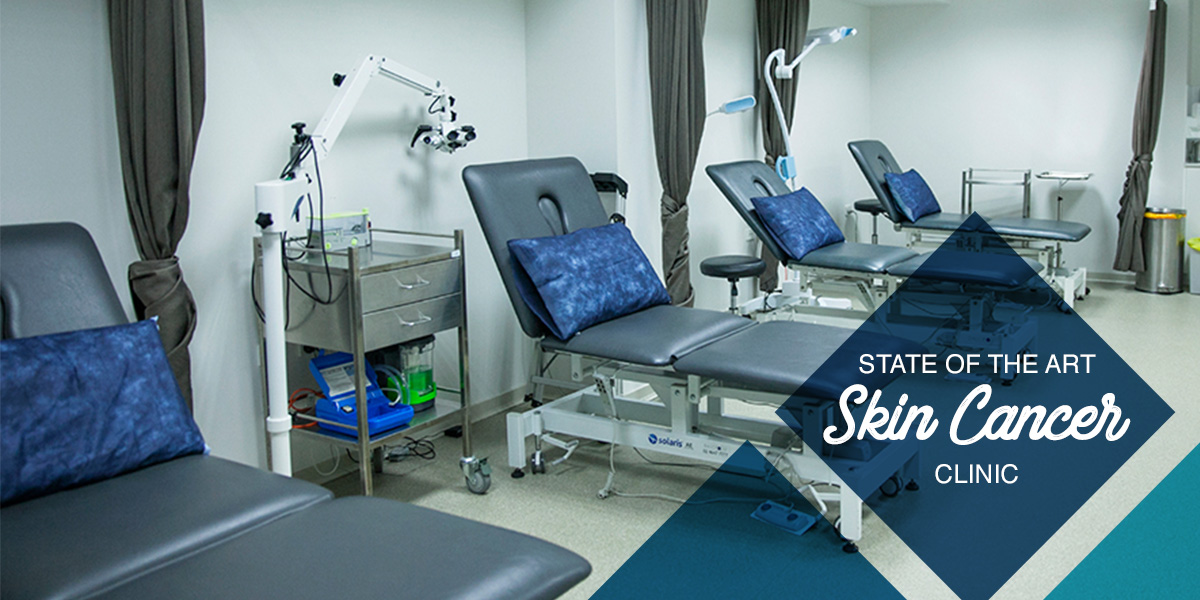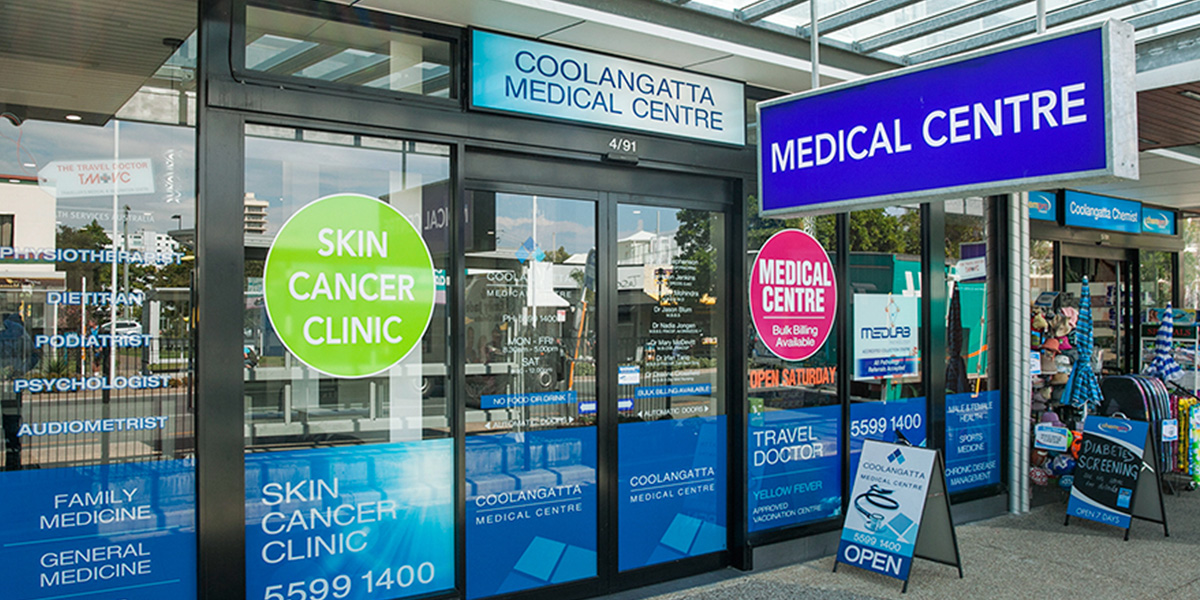Before travelling to Vietnam, it’s important to ensure you’re up-to-date on essential vaccinations to protect yourself from potential diseases. Coolangatta Medical Centre provides all the necessary vaccines for Vietnam travel so you can enjoy your trip with peace of mind.
What Vaccinations Do I Need Before Travelling to Vietnam?
While there is no set of Vietnam vaccination requirements, there are recommended vaccinations for Vietnam tourists from Australia to ensure maximum protection against potential health risks. it is recommended that you are up-to-date on all routine vaccinations to minimise health risks.
Chickenpox (Varicella)
Chickenpox is a highly contagious infection that causes an itchy, blister-like rash that initially appears on the chest, back, and face, and then spreads over the entire body.
Most individuals who received 2 doses of varicella vaccine will be protected from the virus for life. The first dose is usually administered from age 12 through 15 months, while the second dose is given from age 4 through 6 years old. In Australia only one vaccine is given as per the National Immunisation Schedule and this does not give as good immunity as two vaccines.
or
Call (07) 5599 1400
More About Us!
Clinic Hours:
- Monday – Friday 8:30am – 5pm
- Saturday 8:30am – 2.30pm
- Sunday 9:00am – 12.00pm
- Public Holidays – Please call the centre for more information.
Email us: office@coolmedical.com.au
Find us at 91 Griffith Street, Coolangatta, QLD
Diphtheria-Tetanus-Pertussis (dTpa)
dTpa vaccine protects individuals against these three diseases: diphtheria, tetanus, and pertussis. Diphtheria is a life-threatening bacterial infection that causes severe breathing difficulties, congestive heart failure, kidney and nerve damage, as well as other health problems depending on which nerves are affected. Tetanus is an infectious disease caused by a bacterium found mostly in rusty tools like nails, barbed wires, and faeces of animals and humans. Pertussis, or whooping cough, is a respiratory disease that causes persistent dry cough with a ‘whoop’ sound in between long, uncontrollable coughing fits.
The CDC’s Advisory Committee on Immunisation Practices (ACIP) recommended that adolescents and adults over 10 should get one dose of the dTpa vaccine, then a booster dose of Td (tetanus and diphtheria) every 10 years to strengthen immunity. Women are also advised to get a dose of the dTpa vaccine during each pregnancy to minimise the risk of pertussis in infants. [1]
Flu (Influenza)
Influenza is usually transmitted through an infected individual’s coughs and sneezes, causing fever, cough, headache, and other symptoms.
Studies suggest that the effectiveness of the flu vaccine decreases with each passing month. [2] Additionally, influenza viruses are constantly changing. The vaccine you previously received may not protect you through the next flu season. It’s recommended to keep up-to-date on your flu shots and get vaccinated before the influenza season starts.
Measles-Mumps-Rubella (MMR)
The MMR vaccine prevents individuals from three serious viral infections: measles, mumps, and rubella. Measles is a contagious airborne disease that causes rashes, fever, and a runny nose. Mumps is caused by a paramyxovirus, which affects the glands that produce saliva. Rubella, also known as German measles, is a contagious viral infection that can cause red rashes, swollen lymph glands behind the ears and neck, mild fever, and headache.
While the MMR vaccine usually provides lifetime protection against mumps, some individuals may have decreased immunity later in life. If you are at risk due to an outbreak, an additional dose may be required. Two doses of MMR vaccine are 97% effective against measles and 88% effective against mumps.
Polio
Also called poliomyelitis, polio is a viral infection that primarily affects the nerves in the spinal cord or brain stem. It can cause paralysis in certain limbs.
The CDC states that a complete series of immunisations can highly offer immunity for many years. The Australian Immunisation Handbook recommends that adults at higher risk of exposure to polio get the inactivated poliovirus (IPV) vaccine or an IPV-containing vaccine every 10 years. When going to countries with active polio cases a lifetime booster may be recommended.[3]
COVID-19
COVID-19 is a highly contagious disease that spreads through respiratory droplets or airborne particles. Most people infected with the virus experience mild to moderate respiratory illness, with common symptoms such as fever, cough, sore throat, loss of taste and smell, and nausea.
The Australian Technical Advisory Group on Immunisation (ATAGI) recommends the Pfizer vaccine for people aged 16 to 59 and AstraZeneca for individuals aged 18 to 59. Here’s how long each vaccine’s effectiveness lasts: [4]
- Moderna: about 6 months
- Pfizer-BioNTech: about 6 months
- Johnson & Johnson: about 8 months
- Oxford-AstraZeneca: about 3 months
- Novavax: about 6 months
Hepatitis A
Travellers who consume contaminated foods or drinks, particularly in locations with poor sanitation, can contract the hepatitis A virus. This causes inflammation of the liver, which can result in mild or severe illnesses.
Individuals who have completed a two-dose series of hepatitis A vaccines are estimated to be protected against the virus for at least 25 years (adults) and 14-20 years (children).
Hepatitis B
Hepatitis B often doesn’t produce symptoms. However, it can sometimes cause jaundice, dark urine, fatigue, abdominal pain, and nausea. This can be contracted from exposure to infected blood, semen, or other bodily fluids.
The World Health Organisation (WHO) recommends that babies should receive the hepatitis B vaccine within 24 hours after birth, followed by two or three doses at least four weeks apart. Booster shots are usually not required for individuals who have completed the three-dose vaccination series. The hepatitis B vaccine protects against the virus for at least 20 years.
Japanese Encephalitis (JE)
JE virus is a mosquito-borne virus related to dengue, yellow fever, and West Nile virus, and is the leading cause of viral encephalitis or brain inflammation in Asian countries. Centres for Disease Control and Prevention (CDC) lists Vietnam as one of the areas at risk of the JE virus, with peak season lasting from May to October, especially in Northern Vietnam. Most adults will remain protected against the JE virus for up to 5 years after being vaccinated.
Typhoid
Typhoid vaccine is a bacterial infection spread through contaminated food or water. The virus caused by typhoid multiplies into the bloodstream, which can lead to life-threatening complications if not treated promptly.
A single dose of injectable typhoid vaccine offers 3 years of protection for individuals aged 2 years and over. For mixed vaccines against both typhoid and hepatitis A, a single dose gives 3 years of protection for individuals aged 16 years and over.
Potential Health Risks for Vietnam Travel
Not all health risks can be prevented through vaccinations, so it’s important to be aware of other potential health risks while travelling in Vietnam. Here are some of the most common ones:
Mosquito-borne Diseases
Malaria is a risk in Vietnam, particularly in hilly, forested rural areas. Dengue can also be prevalent in urban poor areas, suburbs, and the countryside, with most cases reported from June to October every year.
Wear bug spray to repel mosquitoes. Avoiding outdoor activities during peak mosquito hours (dawn and dusk) can also help reduce the risk of getting mosquito bites.
Discuss with your travel doctor about malaria medications that can be used to prevent malaria.
Heat Concerns
Vietnam tends to be hot and humid year-round, with April and May usually being the hottest months. In 2023, the country recorded their highest-ever temperature of 44.1 °C (111.38 °F), and experts predicted that it wouldn’t take long before the temperature reached even higher levels because of climate change. [5]
Sunburn, dehydration, and heatstroke are common concerns during this period, so it’s critical to take steps to protect yourself. Wear sunscreen and lightweight clothing, stay hydrated, and seek shade or cool indoor areas during the hottest parts of the day.
Food-related Illnesses
Traveller’s diarrhoea (TD) is one of the most common travel-related illnesses. Consuming contaminated foods or drinks, especially in environments with poor hygiene and sanitation, can increase the risk of TD. If you experience stomach upsets or diarrhoea, stay hydrated and take rehydration salts to replenish the fluids and minerals your body has lost. If problems persist, seek medical attention.
Infectious Diseases
In most provinces of Vietnam, especially in the Southern region, hand, foot, and mouth disease (HFMD) circulates year-round, with peak seasons from March to May and from September to December. Ensure proper hygiene by frequently washing your hands with soap and water, especially when handling food, using the restroom, or after being in public places.
Or Call (07) 5599 1400
Book Your Appointment For Travel Vaccinations
Ensure safe travels by scheduling your Vietnam vaccinations weeks prior to your trip. At Coolangatta Medical Centre, our team is ready to guide you through the necessary vaccinations and immunisation schedules tailored to your health and travel plans. Book your appointment now and travel with confidence!
Our Travel Doctors
Our team of Travel Doctors in Gold Coast share their expertise in vaccinations required by law for entry to a country as well as the specific precautions needed and the vaccinations recommended for general protection against diseases. Always seek medical advice from travel doctors at least a month before your trip to learn more about the necessary vaccinations required before visiting your destination.
Related Medical Services We Offer:
At Coolangatta Medical Centre, we also offer many other specialised care for vaccinations and overall family health care to keep you and your loved ones healthy. Book your appointment to visit our clinic at Gold Coast.
To see more of our other medical services, click here.
Payment Methods:
Full fee upfront is payable on the day of your appointment and will be processed with a credit/debit card token provided at the time of booking.
Medicare rebate is processed for you on your behalf by the administration team and will go back into the account that you have nominated with Medicare within 24 to 48 hours. For more information about Medicare rebates, see our FAQs page.
Out of pocket fee is the amount of money that you will be out of pocket after Medicare has processed your rebate.
Areas We Serve
Coolangatta Medical Centre services many local communities on the Gold Coast as well as Northern NSW. If you live in or nearby the following suburbs, Coolangatta Medical Centre is easily visited from the location:
- Tweed Heads
- Tweed Heads South
- Tweed Heads West
- Bilinga
- Cobaki Lakes
- Tugun
Frequently Asked Questions
What diseases should I worry about in Vietnam?
The Department of Foreign Affairs and Trade reminds travellers to be cautious of insect-borne diseases such as dengue, Japanese encephalitis, and malaria, particularly for those visiting rural destinations. HFMD, food-borne, parasitic, and other infectious diseases such as cholera, hepatitis, and typhoid are also common concerns.
How to avoid getting sick in Vietnam?
Drink only bottled or filtered water and avoid raw or undercooked food. Practise good hygiene by washing your hands regularly or using hand sanitiser, especially before eating. If your itinerary includes a lot of outdoor activities, it’s best to use insect repellant to protect yourself against mosquito-borne diseases. Lastly, stay up to date on recommended travel vaccinations for Vietnam tourists to ensure maximum protection.
Should I worry about malaria in Vietnam?
Malaria is present in certain parts of Vietnam. Check with a travel doctor to see if malaria medications for prophylaxis is recommended.


 Dr Mary McDevitt
Dr Mary McDevitt Dr Kerrie Davis
Dr Kerrie Davis Dr Michaelia Verbeek
Dr Michaelia Verbeek Dr Russell O’Brien
Dr Russell O’Brien
